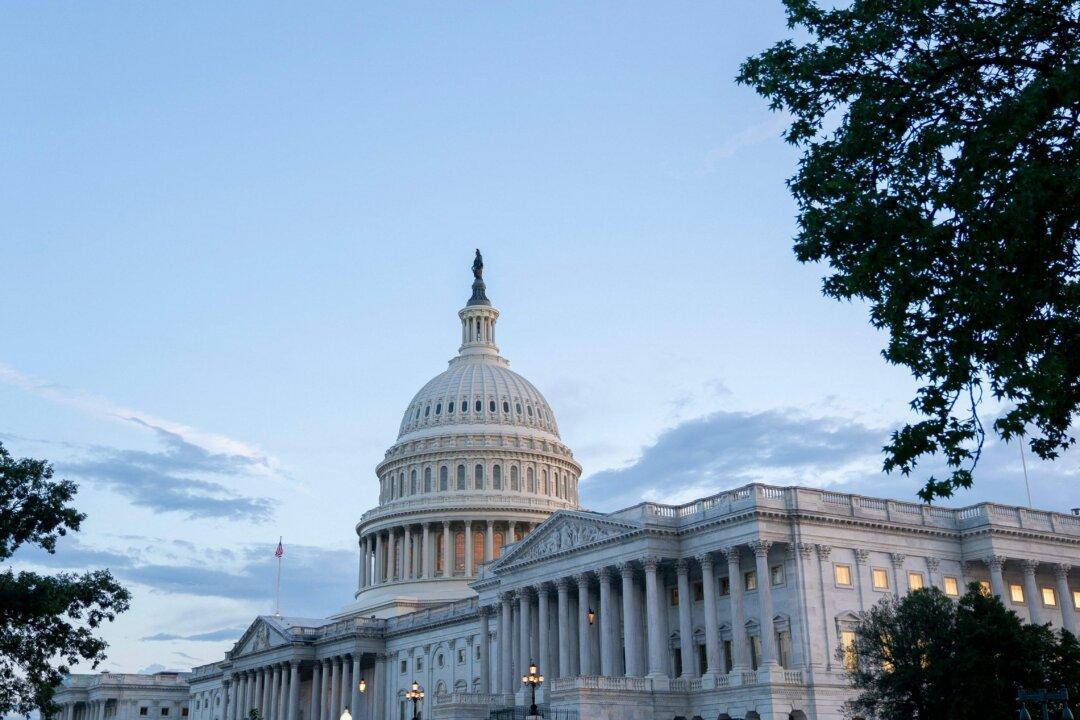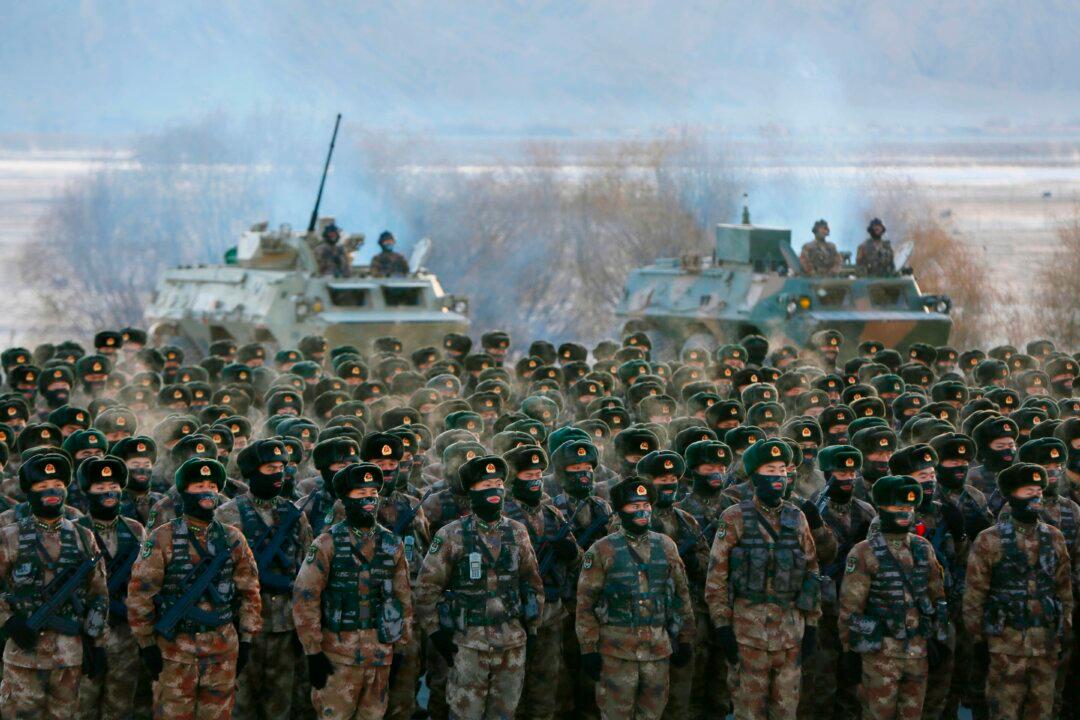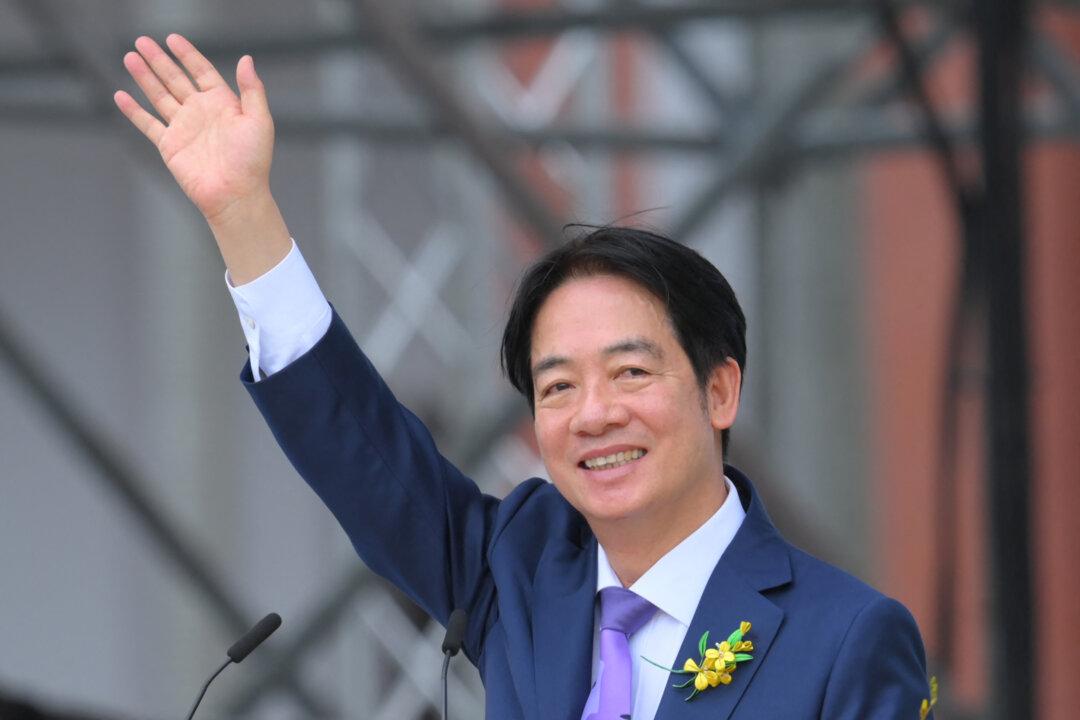If the Republicans win the House of Representatives and possibly the Senate on Nov. 8, they will have the opportunity to move against the China threat in a manner not seen since the Trump administration. To be sure, a Republican majority in the House will be limited if they do not win the Senate, given that the Biden administration will remain in office for two more years. The power of the purse will be weakened as well as if Continuing Resolutions are used for funding the government. This places an enormous burden on a potential Speaker Kevin McCarthy (R-Calif.). Strong and consistent leadership will be required of McCarthy as only limited help on the China threat will be received from a potential Senate Majority Leader Mitch McConnell (R-Ky.). Those are, indeed, major limitations.

View of the U.S. Capitol in Washington on Aug. 1, 2022. Stefani Reynolds/AFP via Getty Images
Commentary
Bradley A. Thayer is a founding member of the Committee on Present Danger China and the coauthor with Lianchao Han of “Understanding the China Threat” and the coauthor with James Fanell of “Embracing Communist China: America’s Greatest Strategic Failure.”
Author’s Selected Articles




